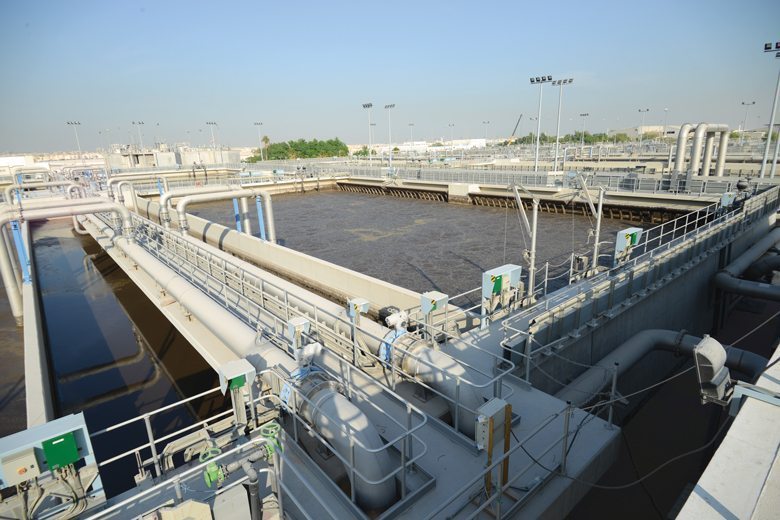

Saudi Arabia’s Water & Electricity Company (WEC) has received proposals from six bidders for its planned Jeddah Airport 2 independent sewage treatment project (ISTP).
The client received the six bids on 30 September.
The bidding groups are led by the following developers:
- Veolia (France), Marafiq (local), Amwal (local)
- Acciona (Spain), Al-Blagha Holding (local), Mowha (local), Al-Rashid Trading & Contracting (local)
- Suez (France), Al-Khorayef (local)
- Mitsui (Japan), Miahona (local)
- Cobra (Spain), SAUR (local)
- FCC Aqualia (Spain), Nesma (local)
The Jeddah Airport 2 plant will be built with a capacity of 300,000 cubic metres a day (cm/d), and designed and developed so it can be expanded to 500,000 cm/d in the future.
The project has faced a number of delays. It was originally tendered in 2012, but the client subsequently cancelled and changed the size and procurement model for the planned facility.
The sewage treatment plant was retendered as an engineering, procurement and construction (EPC) project in 2015, with the deadline for proposals postponed several times until December 2016. However, the client has now decided to move ahead with the project as a public-private partnership (PPP) scheme.
The Jeddah Airport 2 project is the second major ISTP that the kingdom is planning to proceed with under a PPP model.
For the first project, WEC plans to oversee the development of a 330,000 cm/d ISTP in Dammam in the eastern province of the kingdom.
Both projects will be developed under a 25-year sewage treatment agreement (STA) with sewage capacity provided by the National Water Company (NWC). WEC’s obligations under the STA will be guaranteed by a credit support agreement with the Saudi government.
The advisory team working on the Dammam and Jeddah Airport 2 ISTP projects will be led by Japan’s Mizuho Bank (financial adviser), and will also include UK-based Atkins (owned by Canada’s SNC Lavalin) as technical adviser, and US-based law firm White & Case (legal adviser).
By moving to adopt the PPP model for developing ISTPs, the kingdom is attempting to attract more private financing for all future major utility schemes. This comes in light of the severe impact the drop in oil prices is having on the government’s revenues. Privatising utilities is a key part of the kingdom’s Vision 2030 economic reform programme.
You might also like...

Rainmaking in the world economy
19 April 2024

Oman receives Madha industrial city tender prices
19 April 2024

Neom seeks to raise funds in $1.3bn sukuk sale
19 April 2024

Saudi firm advances Neutral Zone real estate plans
19 April 2024
A MEED Subscription...
Subscribe or upgrade your current MEED.com package to support your strategic planning with the MENA region’s best source of business information. Proceed to our online shop below to find out more about the features in each package.





